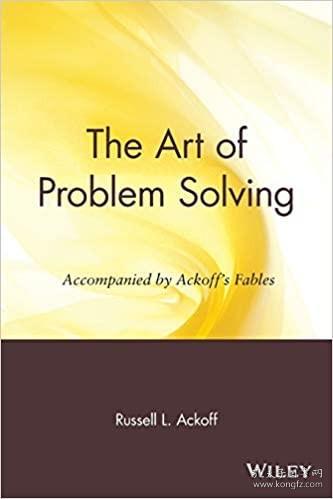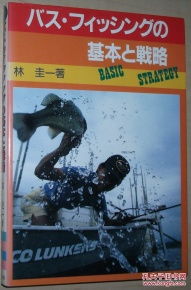Writing an English essay on fishing can be both a relaxing and challenging task. Whether you are a seasoned angler or a beginner, there are certain techniques and tips that can help you craft a compelling and informative piece. In this article, we will explore how to write an engaging essay on fishing, covering the basics of structure, content, and style.
Understanding the Topic
Before you start writing, it is crucial to have a clear understanding of the topic. Ask yourself what aspect of fishing you want to focus on. Is it the sport itself, the equipment used, the fishing techniques, the environmental impact, or the cultural significance? Understanding your focus will help you create a cohesive and targeted essay.
Choosing a Thesis Statement
A thesis statement is the central argument or point of your essay. It should be clear, concise, and reflective of the main topic. For example:

- "Fishing is not only a sport but also a way to connect with nature and cultivate patience."
- "The evolution of fishing techniques has significantly impacted the way we enjoy this ancient pastime."
- "Sustainable fishing practices are essential for preserving marine ecosystems and ensuring the longevity of this beloved activity."
Organizing Your Essay
A well-organized essay is easier to read and understand. Follow these steps to structure your essay:
- Introduction: Start with an engaging hook, such as a personal anecdote, a surprising fact, or a thought-provoking question. Briefly introduce the topic and state your thesis.
- Body Paragraphs: Each paragraph should focus on a specific point that supports your thesis. Use topic sentences to introduce each paragraph and provide evidence, examples, or explanations to support your claims.
- Conclusion: Summarize the main points of your essay and restate your thesis. End with a strong closing statement that leaves a lasting impression.
Developing Your Content
Here are some ideas for content that can enrich your essay:
- Personal Experience: Share a personal story of a memorable fishing trip, the thrill of catching a big fish, or the lessons learned from a fishing adventure.
- Historical Perspective: Discuss the history of fishing, including ancient methods, the evolution of fishing equipment, and the development of modern fishing techniques.
- Techniques and Tips: Offer advice on fishing techniques, such as casting, lure selection, and tackle maintenance.
- Environmental Impact: Address the ecological impact of fishing, including overfishing, pollution, and conservation efforts.
- Cultural Significance: Explore how fishing is celebrated in different cultures, its role in traditional practices, and its significance in various societies.
Using Effective Language
To write a compelling essay, use the following language techniques:
- Vary Your Sentence Structure: Mix simple, compound, and complex sentences to create a more engaging narrative.
- Use Descriptive Language: Paint a vivid picture of your experiences or the fishing environment to make your essay more relatable.
- Incorporate Slang and Jargon: If appropriate, use fishing slang and jargon to add authenticity to your writing.
- Be Concise and Clear: Avoid unnecessary wordiness and focus on conveying your message effectively.
Proofreading and Editing
Once you have completed your essay, take the time to proofread and edit your work. Look for grammatical errors, typos, and areas where your writing could be improved. Consider reading your essay aloud to catch any awkward phrasing or sentence structure issues.
Examples of Good Writing
Here are some examples of effective writing in an essay on fishing:
- "The sun dipped below the horizon, casting a golden glow over the tranquil lake. The rhythmic lapping of water against the boat's hull was a soothing backdrop to the anticipation of a catch."
- "Fishing is more than just a sport; it is a window into the natural world, a chance to observe the delicate balance of life beneath the water's surface."
- "The rod's sudden bend was a jolt of adrenaline, and as I reeled in the line, I felt a surge of pride and accomplishment."
By following these tips and techniques, you can write an engaging and informative essay on fishing that captures the essence of this timeless pastime. Remember to stay focused on your thesis, organize your content effectively, and use language that is both descriptive and persuasive. Happy fishing and happy writing!












